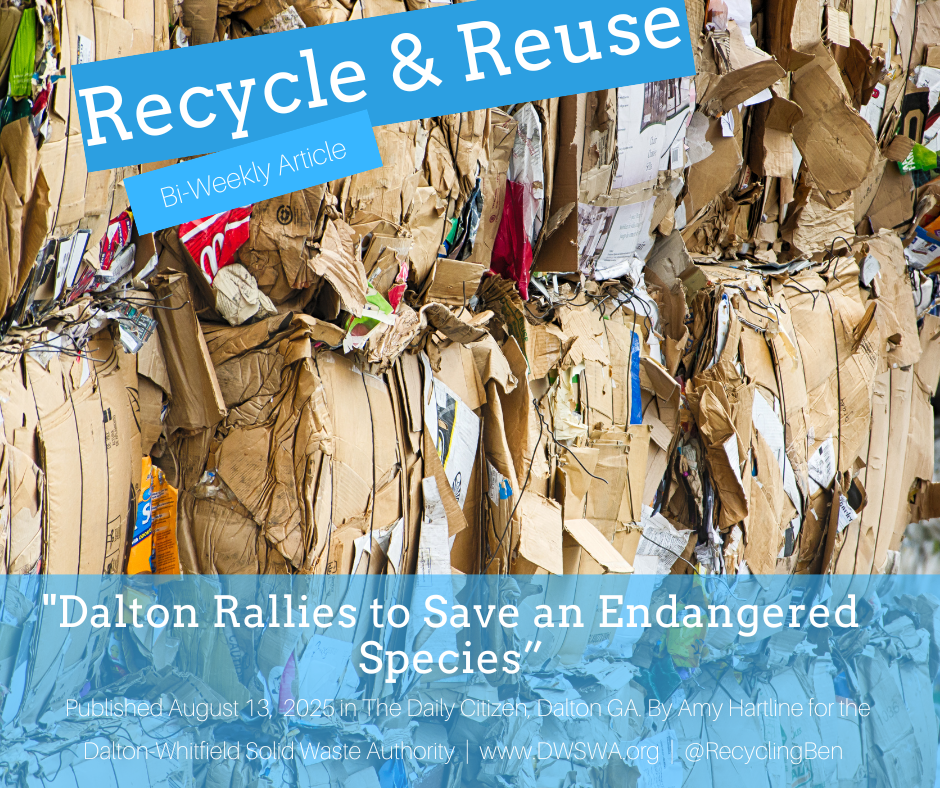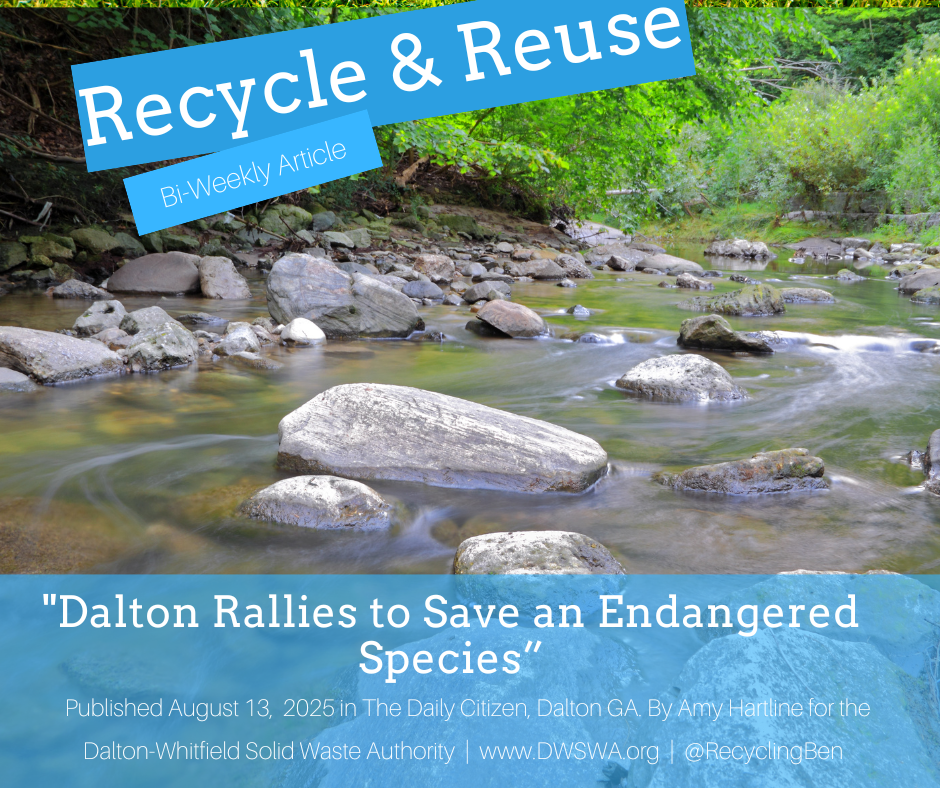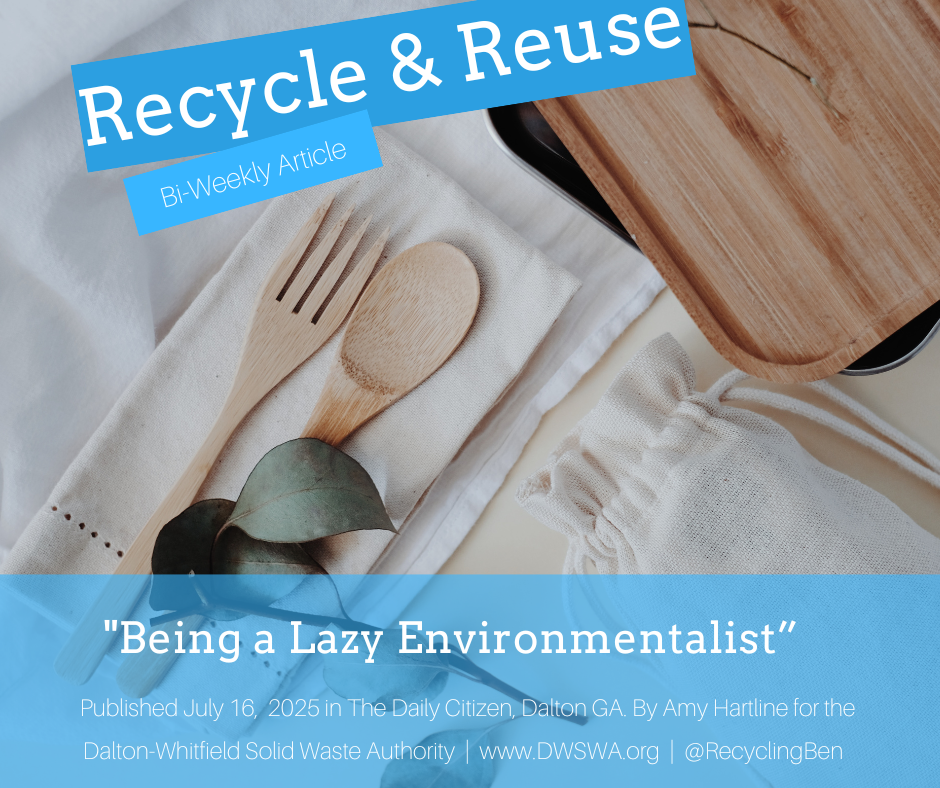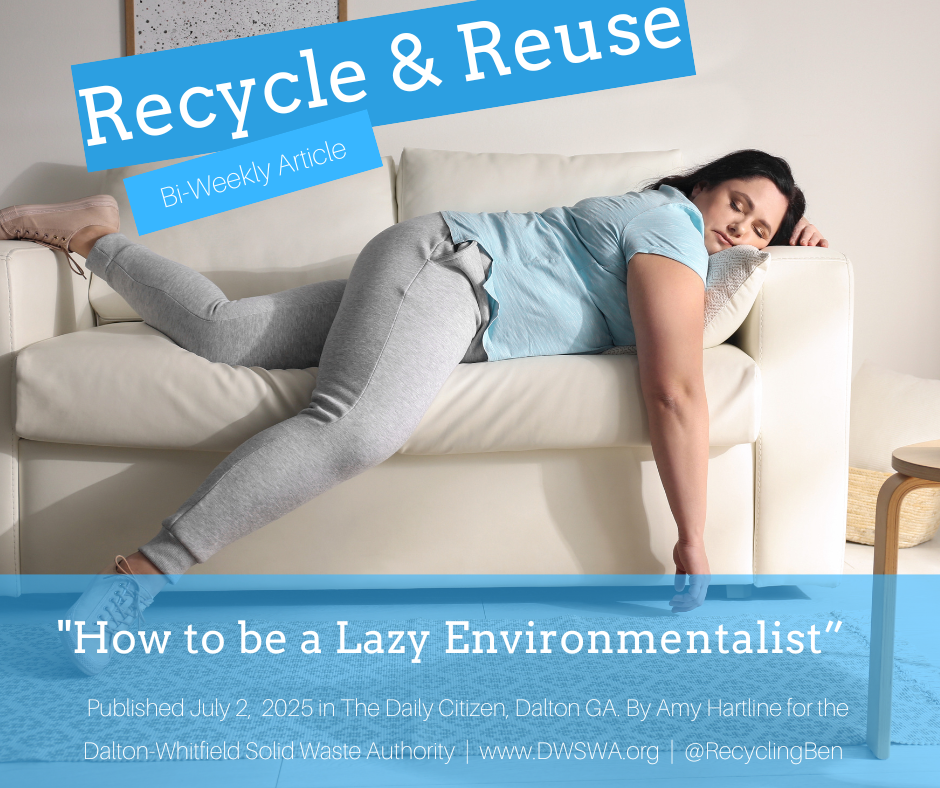Being a Lazy Environmentalist
/I do my best to live an eco-friendly lifestyle, but there are plenty of days that I would much rather scroll on my phone than wrestle with getting the special beeswax wrap I bought to actually stick to my bowls or just use some paper towels to clean up a spill instead of spending time washing what feels like a million washrags. That’s why I now let myself be a “lazy environmentalist” and put my time into focusing on a few simple habits that I know make a difference rather than aiming to be the perfect. You can use some of these same ideas to aid you in making a difference without feeling like you want to pull your hair out and being overwhelmed with “green guilt.”
The most important and impactful thing I do is keep a separate bag in my kitchen right by my door for recyclables. This makes it easier for me to stay organized and not just throw my stuff in the trash and helps me not forget to take it out when it gets full because I see it every time I leave. I also don’t tend to sort it until I get to the recycling center. You can often spot me sitting in the back of my car with the air conditioner going while I sort through the bag there instead of trying to do it at home and carting multiple bins to the convenience center.
A more time-consuming habit that I keep despite being tired is repairing my home appliances and mending clothing. Now, admittedly, I started this partially to save money, but also because I was frustrated by how short a lifespan I felt like modern clothing and appliances seemed to have.
Thanks to modern tools like ChatGPT, it is easier than ever to figure out how to do basic repairs. I recently used the AI chatbot to help me diagnose and repair my washing machine step by step which was faster than trying to look through a bunch of different tutorials or videos. If you are having any issue with the solution the chatbot responds with, you can reply back with that problem and it may be able to help by either simplifying the instructions, finding a workaround, or finding a different video to help you.
Mending clothing is more of a continuous chore. Putting a bin out to throw the clothes that need mending along with a small simple kit with the gear you need will help you grab it when you have some time that will work. I tend to do my mending in the late evening watching television with my husband because it doesn’t take much concentration, but you can find a time that may work better for you.
One of the first eco-friendly habits I started wasn’t something that had to add any time to my day. It was just paying attention and carefully choosing what to buy when grocery shopping. Many of the same types of items like eggs come in a variety of different packaging some of which can be easily recycled or composted and some that cannot. Brush up on what is recyclable at https://www.dwswa.org/recycling-101 before your next shopping trip and you can add this habit in easily.
By choosing a few core values and habits in my routine and life, I’ve been able to cut down on that guilty feeling I get when I know I’m not doing everything exactly perfectly. People call that feeling “green guilt” and it is this heavy feeling that you should be doing more to help the environment. The planet doesn’t need you or me to do everything perfectly though. What our planet it needs, desperately, is more people doing what they can and not letting themselves get weighed down by choice paralysis or exhaustion and ending up doing nothing. So just aim to do a little today and know that your little makes a big impact over time.































